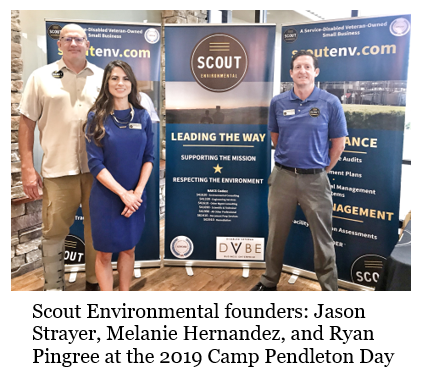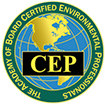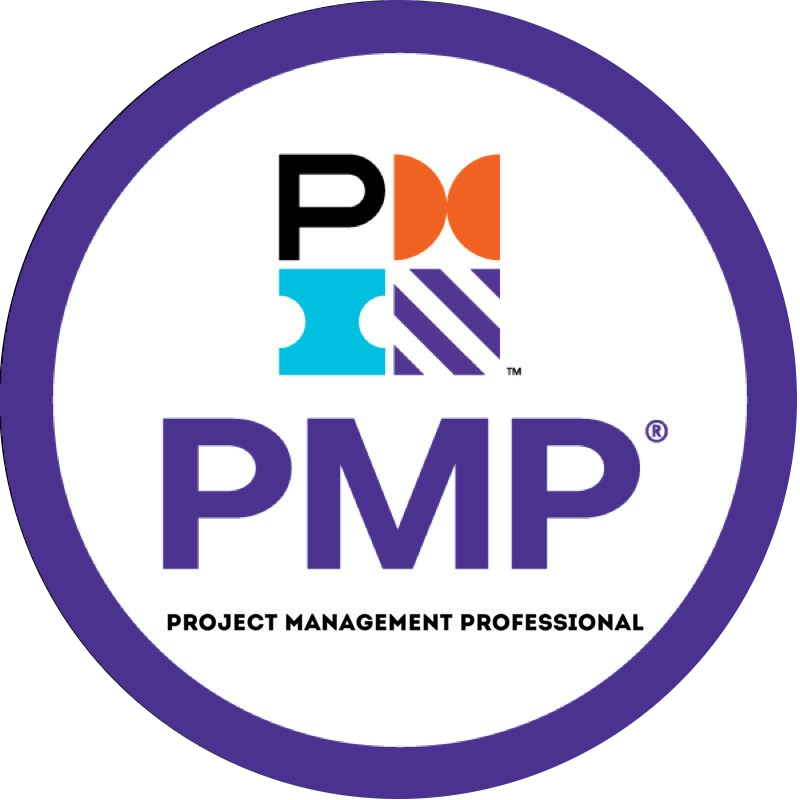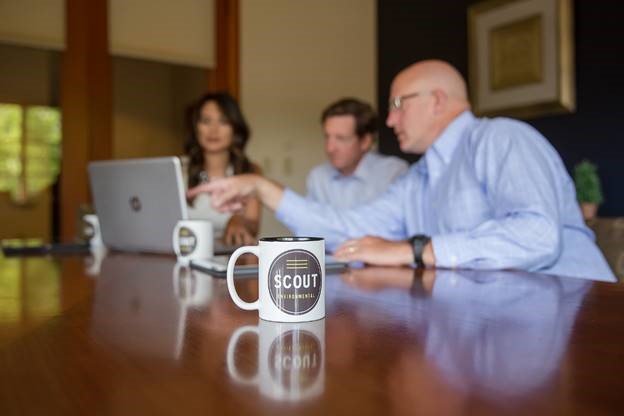Camp Pendleton Day is an annual one-day conference that is hosted by the Society of American Military Engineers (SAME) that brings together over 400 government contractors to hear the latest updates from the Navy, Marine Corps, and the U.S. Army Corps of Engineers in the southwest region. Marine Corps Base (MCB) Camp Pendleton is located in northern San Diego, California and is one of the largest Marine Corps Bases in the U.S.
This year’s conference was held on June 20 and was unique in that it was jointly sponsored between all five Southern California SAME Posts – Orange County, San Diego, Los Angeles, Inland Empire, and Oxnard-Ventura.
This is an excellent conference to attend for those interested in doing business not only with Camp Pendleton but all the Department of Defense (DoD) installations throughout the southwest region.
The southwest region is particularly challenging in the environmental planning area as it is one of the 
The annual gathering provided insight to help contractors be a part of finding innovative solutions and strategic contracting and to hear the government’s need for cost efficiencies, quality, predictability, consistency, and safety to achieve mission readiness.
This years’ conference included speakers from Marine Corps Installations West (MCIWEST)/MCB Camp Pendleton leadership, panelists from Naval Facilities Engineering Command Southwest (NAVFAC SW), the U.S. Army Corps of Engineers Los Angeles (USACE LA) District, and Rear Admiral Adametz from NAVFAC Pacific.
The speakers provided background information regarding their organization’s mission, their challenges, and forecasted projects to better inform the contracting community about potential needs.
For example, some of the MCIWEST/MCB Camp Pendleton challenges include:
- Uncertainty of funding (most recently due to funding needed for East Coast installations due to significant hurricane damage the past year);
- Aging infrastructure;
- Dispersed infrastructure; and
- Facility Related Control Systems
The NAVFAC SW panel was candid in sharing their needs for finding the right solutions since funds often arrive 4+ years later than the requirement. Often many DoD organizations are faced with inflation, mission growth, technology changes, material and labor supply issues and need assistance in finding efficiencies and better options to maximize resources.
It was especially encouraging to hear panelists discuss the need to leverage industry partnerships to inform best practices. In particular, NAVFAC SW emphasized its commitment to more contractor engagement, partnership, and will offer more industry days (i.e., informational meetings presenting specific contracting opportunities) and will strive to provide full transparency on projects and acquisition tools.
Some practical tips for businesses included the importance of responding to sources sought to better inform contracting officer’s market research and to appreciate that sometimes contracting offices receive 50-60 proposals and may have limited staff for review.
One of the highlights of the conference was keynote speaker, Rear Admiral Adametz, U.S. Navy Commander, NAVFAC Pacific and Pacific Fleet Engineer who leads the $3.3B program for the Pacific Region.
Rear Admiral Adametz emphasized the following:
- Execute with a sense of urgency;
- Build trust & credibility; and
- One of Scout Environmental’s core values … to bring your “A” Game!
He noted that some of the challenges that NAVFAC Pacific faces, particularly with construction projects, is that 30% of the time is lost before starting the project, primarily due to pre-project execution requirements. He’s committed to using analytic data to improve maximum capacity to build teams. Some of the recent NAVFAC Pacific changes include providing a single point of contact for “cradle to grave” project management; releasing draft request for proposals (RFPs); and incorporating more formal partnering, reflecting NAVFAC Pacific’s commitment to change the status quo in order to improve mission readiness.
Scout Environmental is excited to be a part of improving mission readiness while meeting environmental requirements. It was validating to hear some of Scout Environmental’s best practices are recognized as solutions such as integrating teams earlier, partnering, and over-the-shoulder collaboration.
In addition to the information presented to the contracting community, Camp Pendleton day is also about paying it forward to local military charities where SAME raised $20,000 for Operation Homefront and Workshops for Warriors. Finally, there was also a simultaneous event called ”Transitioning Military to Career” which helped to matchmake transitioning active duty Marines and Sailors with potential hiring companies.
Thank you to all the organizers and speakers for an excellent 2019 Camp Pendleton Day and looking forward to supporting future events!
For further inquiries about Camp Pendleton day or how we can help, please contact me at melanie.hernandez@scoutenv.com














